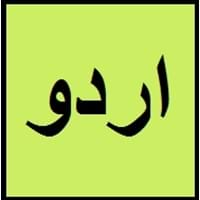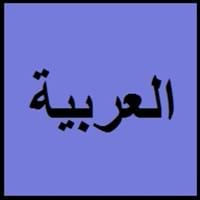Urdu vs Arabic
- Urdu is a language of beauty and grace, that adds meaning to prose and charm to poetry.
- Different languages such as Arabic, Persian and Turkish gave birth and richness to Urdu.
- Arabic is 5th common language in world.
- Classical Arabic is the language of Quran and also it is official language. Classical Arabic is the only way to learn Arabic language in academic way and it does not change.
Urdu and Arabic Language History
Comparison of Urdu vs Arabic language history gives us differences between origin of Urdu and Arabic language. History of Urdu language states that this language originated in 12th Century CE whereas history of Arabic language states that this language originated in 512 CE. Family of the language also forms a part of history of that language. More on language families of these languages can be found out on Urdu and Arabic Language History.
Urdu and Arabic Greetings
People around the world use different languages to interact with each other. Even if we cannot communicate fluently in any language, it will always be beneficial to know about some of the common greetings or phrases from that language. This is where Urdu and Arabic greetings helps you to understand basic phrases in Urdu and Arabic language. Urdu word for "Hello" is خوش آمديد or Arabic word for "Thank You" is شكرا. Find more of such common Urdu Greetings and Arabic Greetings. These greetings will help you to be more confident when conversing with natives that speak these languages.
Urdu vs Arabic Difficulty
The Urdu vs Arabic difficulty level basically depends on the number of Urdu Alphabets and Arabic Alphabets. Also the number of vowels and consonants in the language plays an important role in deciding the difficulty level of that language. The important points to be considered when we compare Urdu and Arabic are the origin, speaking countries, language family, different greetings, speaking population of these languages. Want to know in Urdu and Arabic, which language is harder to learn? Time required to learn Urdu is 44 weeks while to learn Arabic time required is 88 weeks.





